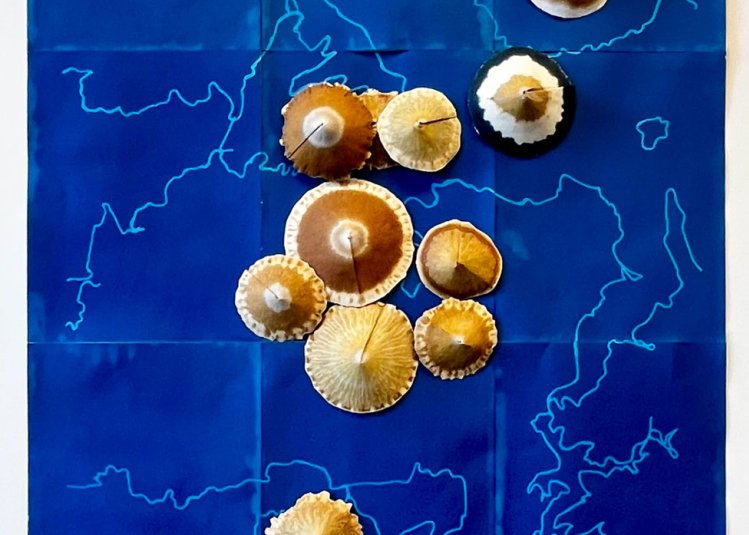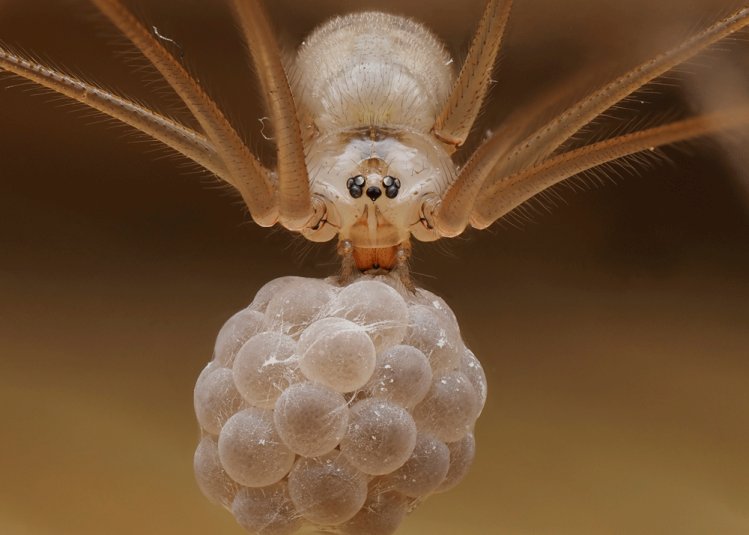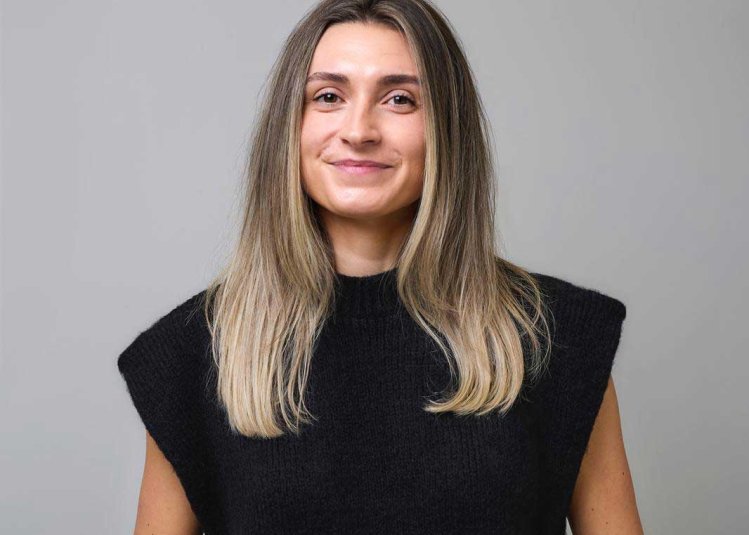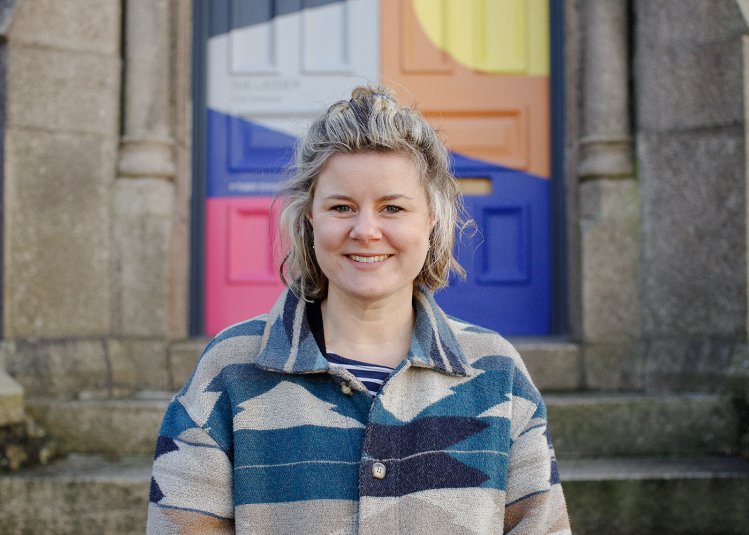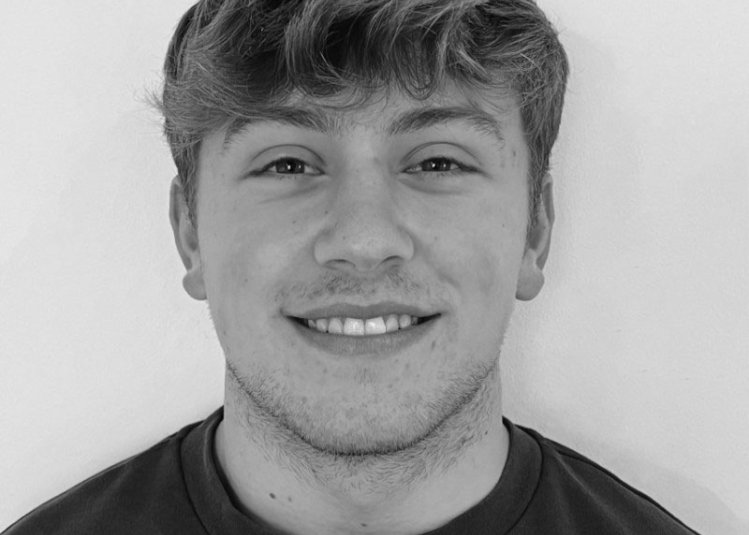Meet the graduate exposing a global coffee crisis
26 August 2021
I am really excited to be working in the industry and learning as much about it as I can.
A new documentary by aspiring filmmaker and photographer Hedvika Michnova has exposed how the climate emergency is having an impact on coffee farmers in Tanzania and Costa Rica – and how smallholders are fighting to reverse the damage.
It's hard to image a world without coffee. It's how we start our day, how we meet people, how we relax and re-charge. But the effects of climate change are bringing our consumption of coffee into question.
It's estimated that there are 25 million coffee farmers around the world, all of which depend on coffee to maintain their livelihoods. The men and women responsible for the drink are the most important part of the chain, but they're also the ones that are struggling the most. Adapting to a changing climate requires severe changes in farming and funds that many farmers don‘t possess.
It's a story that Marine and Natural History Photography graduate Hedvika Michnova wanted to tell. Her documentary, It's Bean Too Hot takes you on a journey around the world, from Costa Rica and Tanzania all the way to your sofa as you drink your morning coffee, unaware of the threats that it‘s facing.
It dives into fully carbon-neutral farms, explores climate-smart agricultural practices being used to adapt to climate change and protect biodiversity, and finds out what drives smallholder families to continue producing coffee.
Recently we caught up with Hedvika to reflect on her time at Falmouth, her plans for the future and advice to fellow filmmakers.
Why did you decide to study at Falmouth?
There were so many reasons why I chose Falmouth University. I loved the idea of studying by the sea and it's hard to find a place more beautiful than Cornwall.
But my main reason was the course in itself - Marine and Natural History Photography. Before I applied I arranged a meeting with one of the lecturers and came down to Falmouth to speak to them about which photography course would be best for me. After learning about MNHP the decision was very easy to make.
The course was so unique and I knew it would set me towards a very exciting career path that I couldn't even imagine before.
Choose projects that you are passionate about. They will be the only ones you put all your work into and you'll produce something you're truly proud of.
What was the best thing about your course and how has it helped you?
From underwater photography, an amazing kit store to visiting lecturers, the course was full of exciting things that improved my skills every day. But for me the best part about it was the lecturers themselves.
The MNHP course has a wonderful team of staff that were supportive through all my time at Falmouth and helped me shape my work. I especially benefited from one-to-one tutorials in my last year with Anna Roberts who worked with me very closely on my final film and passed on so many of her skills.
The course was so unique and I knew it would set me towards a very exciting career path that I couldn't even imagine before.
What do you have in store for the future?
After graduating I moved to Bristol, the hub of natural history filmmaking, and was lucky to get a job at a production company Plimsoll Productions. I'm really excited to be working in the industry and learning as much about it as I can.
I'm still busy with It's Bean Too Hot, my final university project and have many plans for its distribution in hopes of it reaching as many people as possible. In the future I would like to become a producer and continue making environmental and conservation films but on a much larger scale and help make a difference for our planet.
Do you have any advice for other Falmouth film makers?
When I was at Falmouth I always heard from my lecturers to use the time wisely and that I'll never have that much time again. Only now I realize how right they were and what an incredible opportunity it is to have three years to just focus on your work and develop your skills.
I would advise to use the kit store as much as you can and get to know the equipment, it might become very handy in the future. Let your lecturers get to know you so they know who you are as a filmmaker and can help you shape your skills. And last but not least, choose projects that you are passionate about. They will be the only ones you put all your work into and you'll produce something you're truly proud of.
